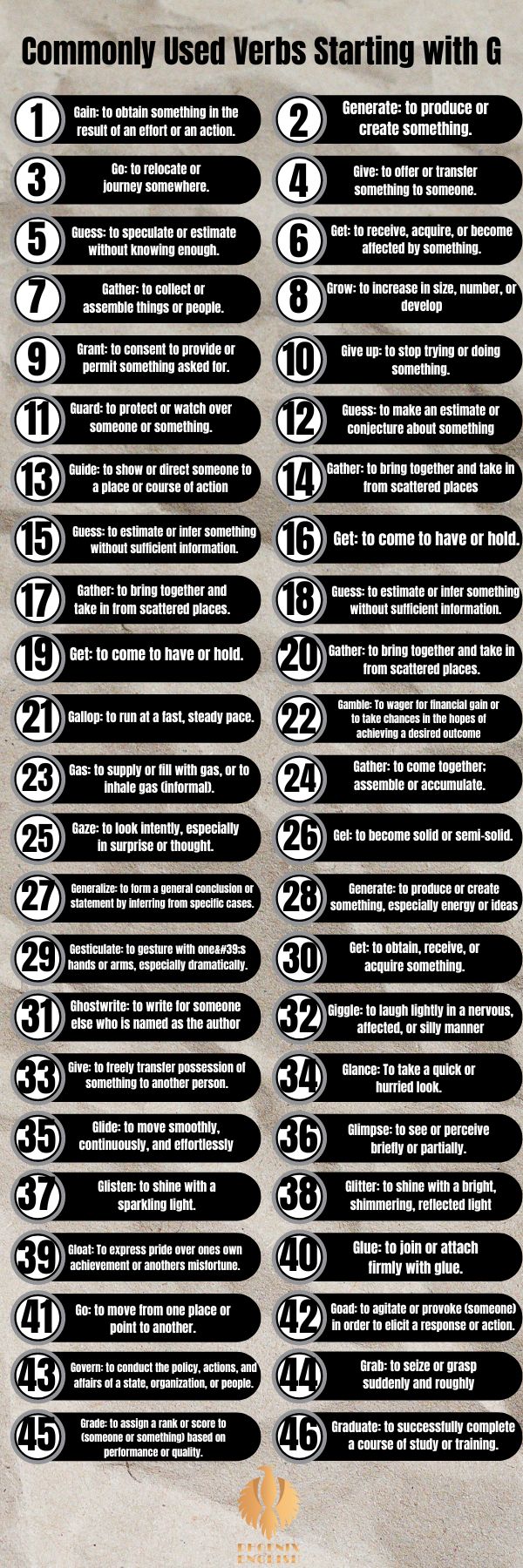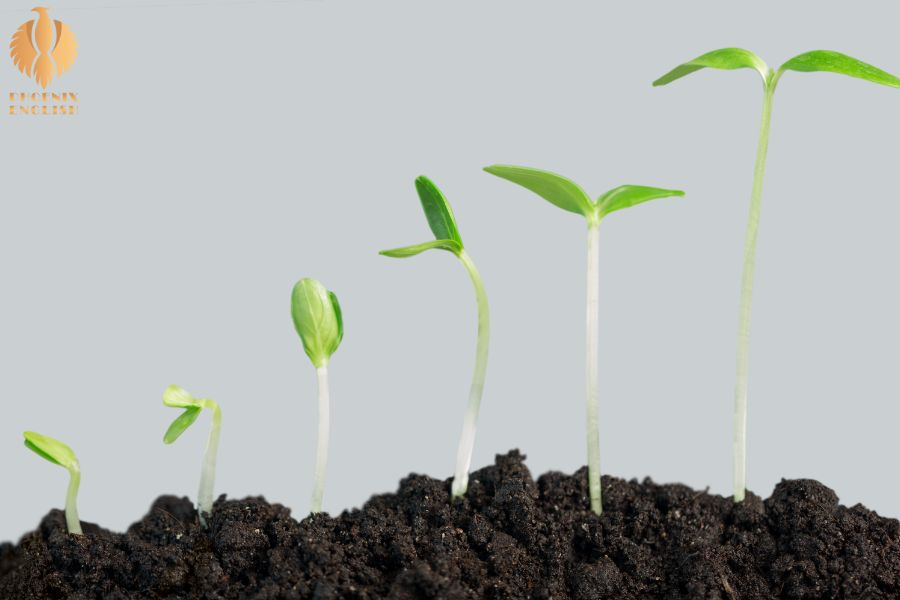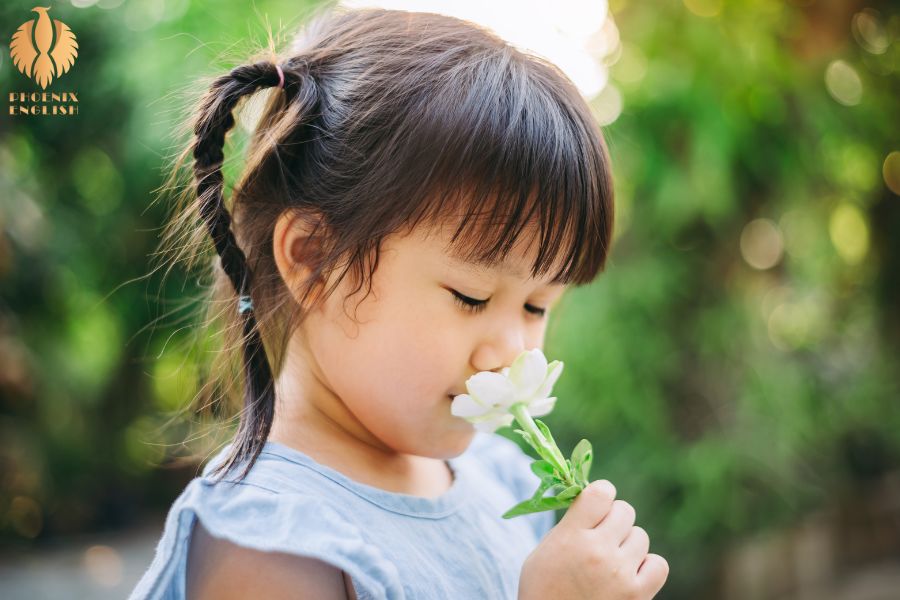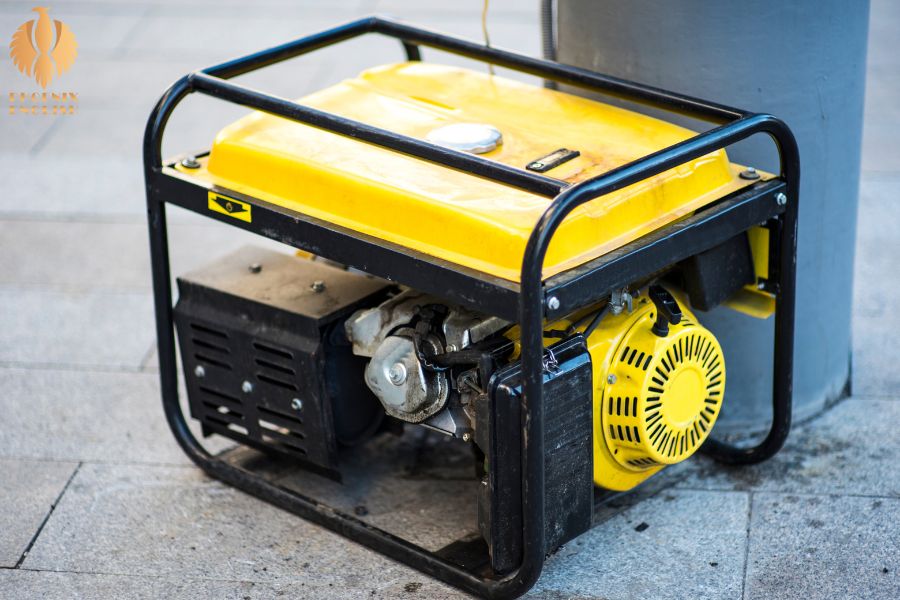The top 100 commonly used verbs starting with the letter “G” encompass a wide range of actions and concepts that play a vital role in everyday English communication.
From the straightforward and familiar “go” to the more nuanced “gain” and “gather,” these verbs form the backbone of countless sentences and expressions.
Mastering these verbs not only enhances vocabulary but also improves fluency and comprehension, making communication more effective and engaging.

Important Points:
- Variety of Meanings: The verbs starting with “G” can express numerous actions, emotions, and states, allowing speakers and writers to convey diverse ideas and feelings.
Understanding their meanings and uses is crucial for effective communication.
- Contextual Usage: Different verbs may have varying implications based on context.
For example, “give” can imply generosity, while “get” can suggest acquisition or understanding. Recognizing these nuances is essential for clarity and depth in both spoken and written language.
- Conjugation Patterns: Like all English verbs, those starting with “G” must be conjugated according to tense and subject.
This involves knowing how to use them in different forms, which is fundamental to constructing grammatically correct sentences.
- Everyday Application: Many of the verbs on this list are commonly used in daily conversation, making them practical for learners to practice.
Incorporating these verbs into regular speech can help boost confidence and improve fluency.
- Examples in Context: Providing practical examples of how to use these verbs can reinforce understanding.
For instance, using “gather” in a sentence like “Please gather the documents” illustrates its meaning effectively.
As we delve deeper into the topic of commonly used verbs starting with “G,” we will explore each verb with detailed definitions, usages, and examples.
This exploration will not only help learners expand their vocabulary but also empower them to communicate more effectively in various contexts, from casual conversations to professional settings.
Verbs are the dynamic elements of language that express actions, states, and occurrences, and they fundamentally shape how we communicate our thoughts and ideas.
Among the many verbs in the English language, those starting with the letter “G” offer a rich tapestry of meanings and uses, forming essential building blocks for effective communication.
Gaining familiarity with these verbs is not merely an academic exercise; it is a practical endeavor that enhances overall language proficiency and confidence.
The journey of mastering these “G” verbs begins with understanding their distinct meanings and applications.
For example, “go” signifies movement or transition, while “grow” indicates change or development.
By exploring these verbs, learners not only enrich their vocabulary but also deepen their grasp of context and nuance, crucial for effective interpersonal communication.
Furthermore, employing a variety of teaching strategies can significantly enhance the learning experience.
Utilizing visual aids, interactive exercises, and contextual examples can cater to diverse learning styles, making the process both engaging and effective.
The integration of these techniques encourages active participation and practice, which are key in mastering language skills.
In essence, as we navigate through the top 100 commonly used verbs starting with “G,” we will uncover the richness of the English language.
This exploration will provide invaluable insights that extend beyond mere definitions, encouraging learners to connect with the language in practical and meaningful ways.
By committing to mastering these verbs, learners set themselves on a path toward clearer communication, fostering connections that enrich both personal and professional interactions.
Now let’s check the 100 words starting with the G word.
You might also enjoy: Top 50 Professional Synonyms for I Would Love to
Top 100 Commonly Used Verbs Starting with G

1. Gain: to obtain something in the result of an effort or an action.
● She worked hard to gain their trust.
2. Generate: to produce or create something.
● The factory generates electricity from solar panels.
3. Go: to relocate or journey somewhere.
● They decided to go on a vacation.
4. Give: to offer or transfer something to someone.
● He gave me a backpack for my birthday.
5. Guess: to speculate or estimate without knowing enough.
● Can you guess what he's thinking?
6. Get: to receive, acquire, or become affected by something.
● I need to get a new phone.
7. Gather: to collect or assemble things or people.
● They gathered around the table for a meeting.
8. Grow: to increase in size, number, or develop.
● Plants grow faster in sunlight.

9. Grant: to consent to provide or permit something asked for.
● The council granted permission for the new building.
10. Give up: to stop trying or doing something.
● She didn't want to give up on her future.
11. Guard: to protect or watch over someone or something.
● The soldiers guard the border.
12. Guess: to make an estimate or conjecture about something.
● I can only guess what the answer might be.
13. Guide: to show or direct someone to a place or course of action.
● The leader guided us through the museum.
14. Gather: to bring together and take in from scattered places.
● We gather information from various sources.
15. Guess: to estimate or infer something without sufficient information.
● Can you guess what time it is?
16. Get: to come to have or hold.
● I need to get a new phone.
17. Gather: to bring together and take in from scattered places.
● We gather information from various sources.
18. Guess: to estimate or infer something without sufficient information.
● Can you guess what time it is?
19. Get: to come to have or hold.
● I need to get a new phone.
20. Gather: to bring together and take in from scattered places.
● We gather information
21. Gallop: to run at a fast, steady pace.
● The horse galloped across the field.
22. Gamble: To wager for financial gain or to take chances in the hopes of achieving a desired outcome.
● He likes to gamble on weekends.
23. Gas: to supply or fill with gas, or to inhale gas (informal).
● The car needs to be gassed up before the trip.
24. Gather: to come together; assemble or accumulate.
● The crowd gathered in the town square.
25. Gaze: to look intently, especially in surprise or thought.
● She gazed out of the window at the city lights.
26. Gel: to become solid or semi-solid.
● The candle will gel after it cools down.
27. Generalize: to form a general conclusion or statement by inferring from specific cases.
● Its not always accurate to generalize about people based on stereotypes.
28. Generate: to produce or create something, especially energy or ideas.
● The company generates a lot of revenue each year.
29. Gesticulate: to gesture with one's hands or arms, especially dramatically.
● The interviewer gesticulated to emphasize the point.
30. Get: to obtain, receive, or acquire something.
● Did you get the package I sent?
31. Ghostwrite: to write for someone else who is named as the author.
● He ghostwrote several bestselling novels.
32. Giggle: to laugh lightly in a nervous, affected, or silly manner.
● The children giggled at the funny clown.
33. Give: to freely transfer possession of something to another person.
● The kid gave me a beautiful flower.

34. Glance: To take a quick or hurried look.
● He glanced at his watch and realized it’s late.
35. Glide: to move smoothly, continuously, and effortlessly.
● The swan glided across the lake.
You might also enjoy: Percent Sign Before Or After [2024 Guide]
36. Glimpse: to see or perceive briefly or partially.
● I caught a glimpse of the girl before she passed by.
37. Glisten: to shine with a sparkling light.
● The jewelry glistened in the morning sun.
38. Glitter: to shine with a bright, shimmering, reflected light.
● Her dress glittered under the stage lights.
39. Gloat: To express pride over ones own achievement or another’s misfortune.
● He couldn’t help but gloat over his rival’s defeat.
40. Glue: to join or attach firmly with glue.
● She glued the broken pieces of the vases.
41. Go: to move from one place or point to another.
● Let’s go to the theater this evening.
42. Goad: to agitate or provoke (someone) in order to elicit a response or action.
● The coach tried to goad the team into playing harder.
43. Govern: to conduct the policy, actions, and affairs of a state, organization, or people.
● The president governs the country with a strong hand.
44. Grab: to seize or grasp suddenly and roughly.
● She grabbed her coat and ran out the door.
45. Grade: to assign a rank or score to (someone or something) based on performance or quality.
● The teacher graded the exams over the weekend.
46. Graduate: to successfully complete a course of study or training.
● She will graduate from college next year.
47. Graft: to transplant (living tissue) surgically from one part of the body to another or from one individual to another.
● The burn patient had a skin graft done by the surgeon.
48. Grant: to agree to give or allow (something requested) to.
● The manager granted the employees request for funding.
49. Grasp: to seize and hold firmly.
● He grasped the rope tightly as he climbed the mountain.
50. Grate: to rub something with a grater until it’s reduced to tiny shreds, especially food.
● She grated some cheese over the pasta.
51. Gratify: to give pleasure or satisfaction to.
● Winning the award gratified her immensely.
52. Graze: to consume young grass.
● Cows graze in the fields all day.
53. Grease: to apply a thick oily or oily substance to (something), typically so as to protect it or make it function smoothly.
● He greased the hinges to stop them from squeaking.
54. Greet: to say hello or welcome someone with friendly words.
● They greeted us warmly when we arrived.
55. Grin: to widely smile, especially while doing so uncontrollably and with one’s lips open.
● She grinned with delight at the surprise.
56. Grip: to grasp or hold tightly.
● She gripped the baby.
57. Gripe: to complain about something, especially something trivial or irritating.
● She always gripes about her job.
58. Groan: to make a deep inarticulate sound conveying pain, despair, pleasure, etc.
● The boy groaned under his weight at the gym.
59. Grope: to feel with or use the hands to aimlessly or unconfidently search.
● He groped for the bottle of water in the dark.
60. Grow: to naturally develop by growing larger and undergoing bodily changes..
● Plants need sunlight to grow.
You might also enjoy: 50 Double Consonant Words You Must Know In Eglish [2024]
61. Grumble: to express dissatisfaction or protest about something in a tense but usually quiet manner.
● The customers grumbled about the long wait.
62. Guarantee: to provide a formal assurance or promise, especially that certain conditions will be fulfilled relating to a product, service, or transaction.
● The company guarantees satisfaction with the products.
63. Guard: to keep an eye on in order to safeguard or manage.
● The soldiers guard the entrance to the palace.
64. Guess: to speculate or estimate without knowing enough.
● Can you guess what time it is?
65. Guide: to show or direct someone to a place or course of action.
● The teacher guided the kids through the museum.
66. Gulp: to swallow eagerly or in large amounts.
● He gulped down his coffee and rushed to work.
67. Gush: to flow out suddenly and plentifully, typically in a torrential stream.
● Water gushed from the broken pipe.

68. Gut: to disembowel or remove the internal organs of (an animal or fish) before cooking.
● He gutted the fish before grilling it.
69. Guzzle: to drink (something, especially an alcoholic drink) greedily or in large quantities.
● He guzzled beer all night at the party.
70. Grapple: to wrestle is to fight or struggle close to without using weapons.
● The wrestlers grappled fiercely for control.
71. Grate: to rub something with a grater until it’s reduced to tiny shreds, especially food.
● She grated the cheese over the pizza.
72. Gratify: to give pleasure or satisfaction to.
● Winning the award gratified her immensely.
73. Graze: to feed on growing grass.
● Cows graze in the fields all day.
74. Grease: to apply a thick oily or oily substance to (something), typically so as to protect it or make it function smoothly.
● He greased the hinges to stop them from squeaking.
75. Greet: to say hello or welcome someone with friendly words.
● They greeted us warmly when we arrived.
76. Grin: to widely smile, especially while doing so uncontrollably and with one's lips open.
● She grinned with delight at the surprise.
77. Grip: to grasp or hold tightly.
● He gripped the railing to steady himself.
78. Gripe: to complain about something, especially something trivial or irritating.
● She always gripes about her job.
79. Groan: to make a deep inarticulate sound conveying pain, despair, pleasure, etc.
● The old floorboards groaned under his weight.
80. Grope: to feel with or use the hands to aimlessly or unconfidently search.
● The baby groped for the milk bottle in the dark.
You might also enjoy: How To Start Spoken English For Beginners? 7 Tips
81. Grow: to naturally develop by getting larger and undergoing bodily changes.
● Plants need sunlight to grow.
82. Grumble: to express dissatisfaction or protest about something in a tense but usually quiet manner.
● The customers grumbled about the long wait.
83. Grate: to rub something with a grater until it’s reduced to tiny shreds, especially food.
● She grated a little cheese over the pizza.
84. Guarantee: to provide a formal assurance or promise, especially that certain conditions will be fulfilled relating to a product, service, or transaction.
● The company guarantees the quality of its products for 3 years.
85. Guard: to keep an eye on in order to safeguard or manage.
● Security guards were posted at every entrance to the building.
86. Guess: to speculate or estimate without knowing enough.
● Can you guess what she got for her birthday?
87. Guide: to show or direct someone to a place or course of action.
● The instructor guided us through the basics of rock climbing.
88. Gulp: to swallow eagerly or in large amounts.
● He gulped down his drink before heading out.
89. Gush: to flow out suddenly and plentifully, typically in a torrential stream.
● The water gushed from the burst pipe.
90. Gut: to disembowel or remove the internal organs of (an animal or fish) before cooking.
● She gutted the fish before preparing it for dinner.
91. Guzzle: to drink (something, especially an alcoholic drink) greedily or in large quantities.
● He guzzled beer after beer at the party.
92. Gain: to obtain or secure (something desired or favorable).
● Melissa gained a lot of weight after her surgery.
93. Garner: to collect or gather (something, particularly consent or information).
● The politician garnered support from across the country.
94. Garrote: to kill (someone) by strangulation, typically with a length of wire or cord.
● The assassin garroted his target silently.
95. Gather: to come together; assemble.
● The students gathered around the table to see the test results..
96. Gear: to equip or fit (something) with the necessary items.
● He geared up for the mountain climbing expedition.
97. Gel: to become solid or semi-solid.
● The jelly began to gel as it cooled.
98. Generalize: to form a general conclusion or statement by inferring from specific cases.
● Its not fair to generalize based on such limited information.
99. Generate: to produce or create something.
● The engine generates electricity for the vehicle.

100. Gesture: to make a movement of part of the body, especially the hands or head, to express an idea or meaning.
● She gestured towards the door to indicate it was time to leave.
You might also enjoy: Say Less Meaning + Usage + Origin + Examples [2024]

Hi, welcome to my blog! My name is Omid and I am thrilled to have you here! I am an English language teacher with 12 years of experience and hold multiple international certifications (TESOL, IELTS, TOEFL, PTE, CELTA). Additionally, I hold a PhD in Applied Linguistics with a specialization in Teaching English as a Second Language (TESL), which fuels my passion for teaching English and assisting others in mastering the language. To me, nothing is more rewarding than helping individuals enhance their English language abilities through various methods. So, let’s embark on this journey of learning English together.




